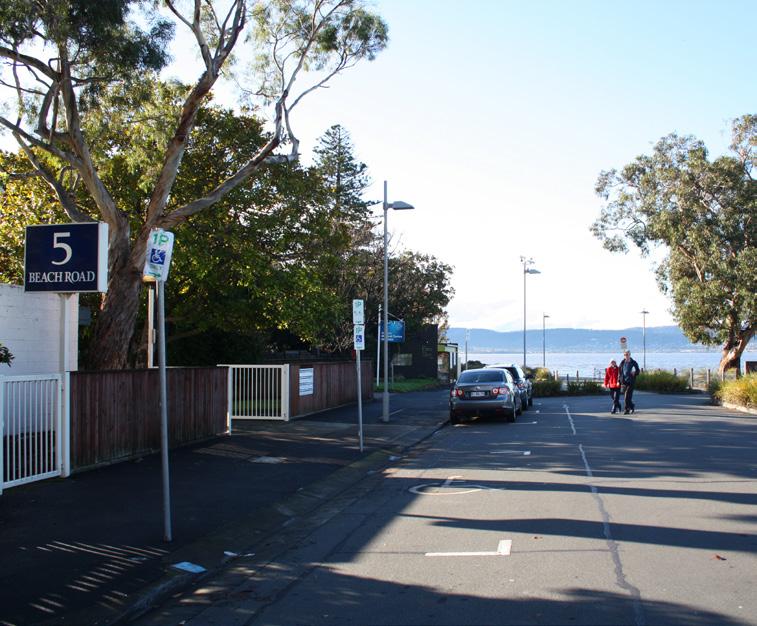
3 minute read
The superannuation myth
Blah The superannuation myth
IT'S A TOTAL myth that superannuation is a tax on business.
Advertisement
For those with an eye on history, or old enough to have lived it prior to 1985, superannuation was really just the realm of high flying executives and public servants. The vast majority of Australians who retired before 1985 had few assets and simply had to rely on the aged pension. Today's retirees need both superannuation and the age pension, though the luckier ones can just rely on their super accounts and maybe some savings and investments too. In 1985, inflation was running at 10% per annum and most wages were controlled by the 1983 Wages Accord, an agreement between trade unions and Labor leadership for fixed wage increases, determined by the arbitration system. In a show of restraint by unions it was agreed that 3% for small businesses and 4% for big businesses would be directed to superannuation, but only for those workers under the accord. In response to this agreement the vast majority of employees under the accord got a below inflation wage rise, in effect a real pay cut. Businesses that contributed to superannuation paid less payroll tax and workers comp insurance premiums were lower, so the cost benefit to employers was improved compared to paying the same amount in direct wages. Super was expanded to all workers in 1992, with an annual 1% increase to contributions each year until 9% was achieved. Every year in the 90s where the Superannuation Guarantee increased labour costs fell, so the cost of super was never borne by employers as it was absorbed into the overall wage cost. As Paul Keating said in 2007: "When you hear conservatives these days speak of superannuation as a tax on employers, they are either illinformed or they are lying. The fall in unit labour costs and the upward shift in the profit share during the period of the Superannuation Guarantee Charge is simply a matter of statistical record, it is not a matter of argument." The Labor government legislated further changes in 2012 and then increased to 9.5% by July 2014 on its way to 12%. The Liberal government then delayed the remaining super increases by 7 years, so the next increase wasn't until July 2021. Guaranteed super payments will be increase by 0.5% for the next 3 years up to 12%.
YEAR RATE 1 July 2020 - 30 June 2021 9.5% 1 July 2021 - 30 June 2022 10% 1 July 2022 - 30 June 2023 10.5% 1 July 2023 - 30 June 2024 11% 1 July 2024 - 30 June 2025 11.5% 1 July 2025 - 30 June 2026 12%
Some industries now support continuing super payments when employees access conditions like unpaid parental leave in an effort to reduce the gender gap in superannuation balances. Remember that it must be paid by your employer every 3 months at a minimum. Some employers pay into your super fund each fortnight, but others don't even though it appears on your payslip that they did make a payment. They may have made an allocation to pay later, in line with the 3-month minimum payment schedule, but we've started asking for employers to pay it each pay period and some EBAs now stipulate this. HACSU supports industry super funds, and we work regularly with HESTA who support health and community-based workers. We encourage you to constantly check your superannuation balance, including checking that the amounts on your payslip appear in your super account. There have been numerous cases where employers never forwarded payments to super funds. When choosing or changing a super fund there are many things to consider, but always view it as a long-term investment knowing that overall most superfunds grow but in some years they don’t. Always get good financial advice before changing your investment strategies or funds.
________________________________ DID YOU KNOW? Until July 2022, workers earning less than $450 a month didn’t get superannuation. All junior workers under 18 don’t get superannuation. Workers under 25 are generally not insured by default by their superfund for death or injury or income support.










